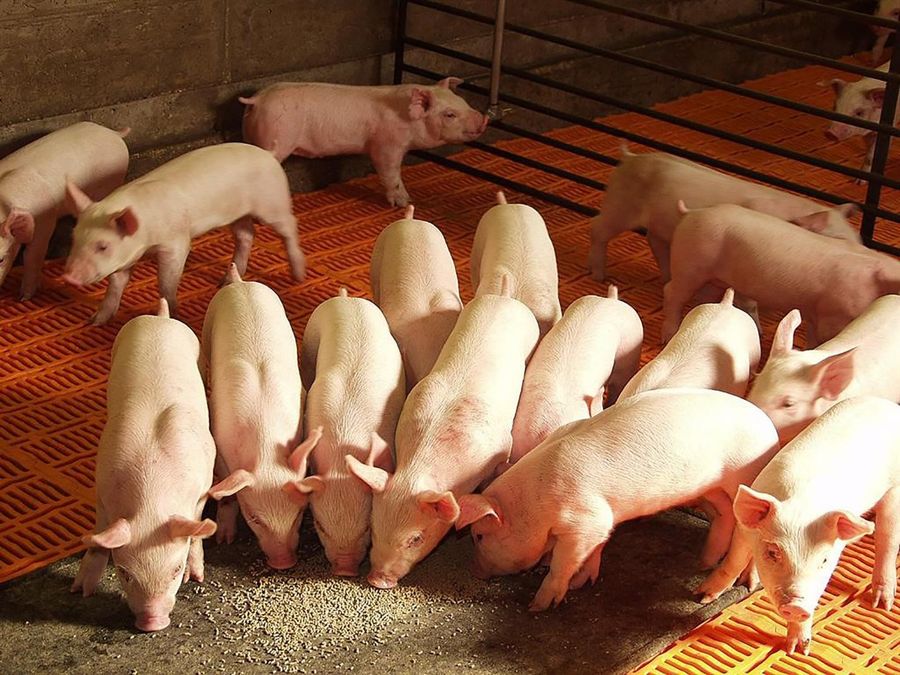US pig sector into action to drive prices up

The US pig sector swings into action to drive prices up, while another challenge for the industry – and solution – is identified by 2 experts.
Ongoing equity losses in the US swine industry are estimated at about US$ 100 million every week, and cutting supply is the only option in order to drive prices up. A new report from global research firm Rabobank concurs.
The US swine industry is already making cuts. The current sow herd is estimated to now be below 6 million, a number that has not been breached for many decades. At the same time, US Department of Agriculture (USDA) data is showing that farrowings dropped 4% in the last part of 2023, but piglets per litter were up 4%. The industry is estimated to be currently trimming farrowings by 2%.
However, another long-term challenge to the US swine industry has been identified by two well-known industry experts.
Economists Dr Lance Mulberry (guest of a new Pig Progress ‘Meet the Expert’ podcast) and his colleague Dr Dennis Dipietre at KnowledgeVentures, have recently noted that the historically high and stable US pork exports to China, South Korea and Japan are dropping away. These 3 countries make up 3 of the 4 top US pork export markets, with only Mexico ahead of them.
The Chinese population has declined (mainly due to the ‘One Child’ policy) ahead of “even the most pessimistic estimates,” stated Mulberry and Dipietre in a recent US news story. In addition, populations in China, Japan and many other countries have dropped, and continue to decline, because women aren’t choosing to have children for a variety of reasons.
Besides population declines in these countries and beyond, aging populations also have less disposable income to spend on meat, and eat less meat in general than younger individuals.
Mulberry and Dipietre stated that while it would be impossible to estimate what precise impact decreasing exports to these three countries will have on the US pork industry over time, there will likely be “a permanent decrease in value of anywhere from $ 2.51 to $ 25.31 per head finished by 2050.”
At the same time, however, these two economists believe that data analytics are going to help the industry make profit in years to come, starting as soon as this year.
The enormous amount of data produced on farms, mostly unused until now or used for very specific purposes such as deciding when to change the ration, can help producers immensely in cutting costs and achieving much more efficiency.
Mulberry and Dipietre believe efficiencies from data analysis this year could gain producers $ 25 to $ 75 per head finished.
Read also
Wheat in Southern Brazil Impacted by Dry Weather and Frosts
Oilseed Industry. Leaders and Strategies in the Times of a Great Change
Black Sea & Danube Region: Oilseed and Vegoil Markets Within Ongoing Transfor...
Serbia. The drought will cause extremely high losses for farmers this year
2023/24 Safrinha Corn in Brazil 91% Harvested
Write to us
Our manager will contact you soon



